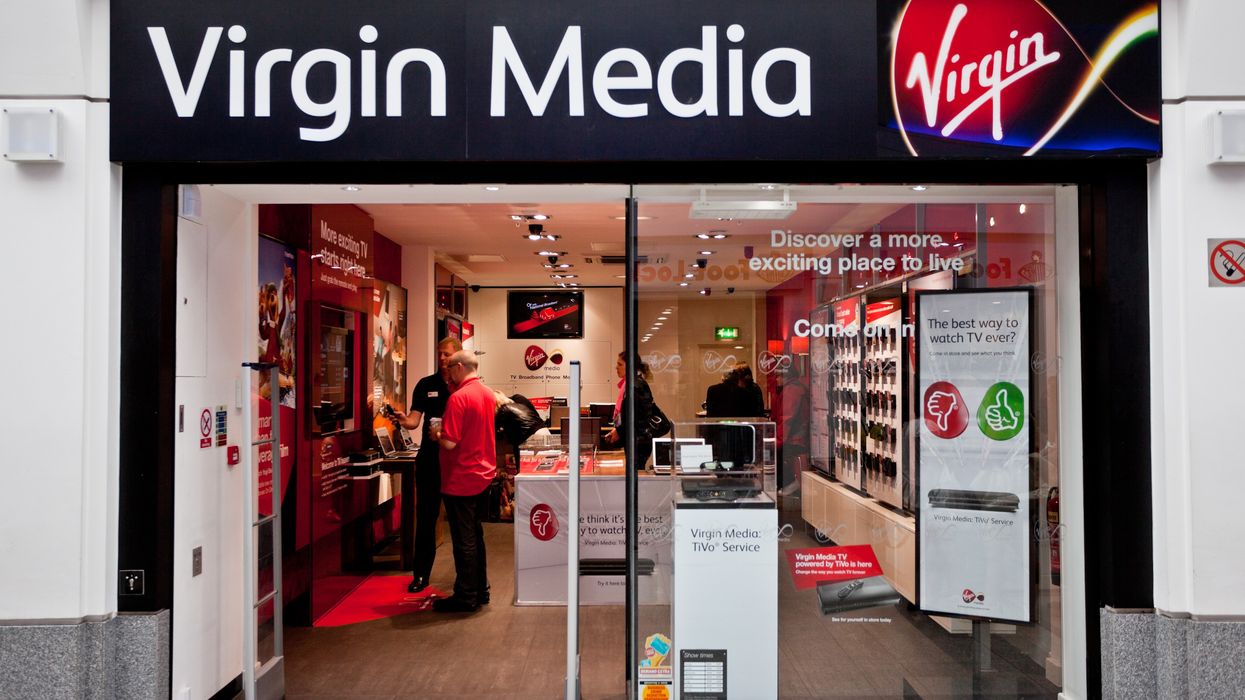House prices in UK moved up in July as prices in London fell weighed on gains further north, while smaller landlords decided not move ahead with small rental sector amid unfavourable tax system, according to a survey on Thursday (9).
The Royal Institution of Charted Surveyors’ (RICS) monthly house price balance climbed to +4 last month.
House prices in Scotland, Northern Ireland and most of central and northern England moved up, while prices in London fell broadly, and prices in other parts of southern England and in Wales remained unchanged.
Property priced at over 1 million GBP, which is common only in London and nearby areas, most likely to see 10 per cent or more discounts on its asking price, while the houses advertised for under 500,000 GBP usually sold at or slightly above their asking price.
“The most striking feature of the July 2018 survey is the continued reduction of new property being put on the market in the lettings sector with 22 per cent more respondents seeing a fall rather than rise in New Landlord Instructions. This is the eighth consecutive quarter in which this indicator has recorded a negative number,” RICS said in its report.
This pattern reflects the shift in the Buy to Let market in the wake of tax changes which are still in the process of being implemented, as smaller scale landlords exit the sector.
Significantly, the drop in instructions is evident in virtually all parts of the country to a greater or lesser extent. While the supply of fresh rental stock to the market is increasingly constrained.
The upward momentum appears to have slowed, but the number of tenants looking for a new home remains in positive territory at a headline level (+4 per cent in the latest three month period), RICS added.
“One consequence of this imbalance is that expectations for rental growth, and rising rents for consumers, appear to be strengthening again. Over the next twelve months, rents are projected to increase by a little short of +2 per cent nationally, but the shortfall in supply over the medium term is expected to force a cumulative rise of around +15 per cent (based on three month average of responses) by the middle of 2023. East Anglia and the South West are viewed as likely to see the sharpest growth over the period,” RICS pointed out.
“The impact of recent and ongoing tax changes is clearly having a material impact on the Buy to Let sector as intended. The risk, as we have highlighted previously, is that a reduced pipeline of supply will gradually feed through into higher rents in the absence of either a significant uplift in the Build to Rent programme or government funded social housing. At the present time, there is little evidence that either is likely to make up the shortfall. This augers ill for those many households for whom owner occupation is either out of reach financially or just not a suitable tenure,” said Simon Rubinsohn, Chief Economist at RICS.
















 Lakshmi Mittal
Lakshmi Mittal 
